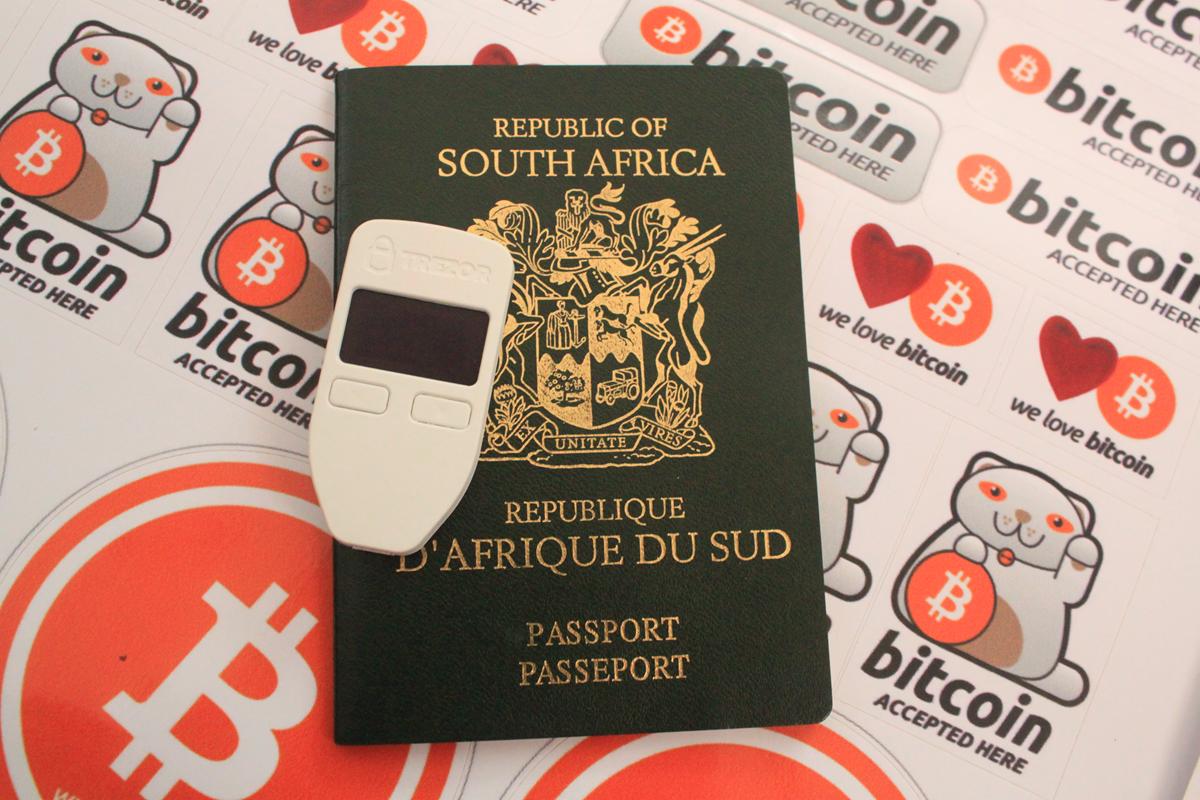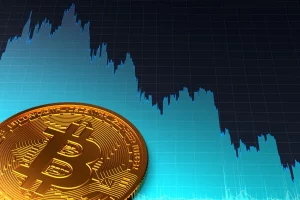Banks Will Not Make You Rich With XRP
If you hang around crypto long enough you will hear a familiar pitch: “Banks will all use XRP, demand will explode, and the price will moon.” This sounds neat, but it mixes up Ripple’s software adoption with actual XRP demand. Below is a clear, teen-friendly breakdown of why that thesis is shaky, plus a question-driven script that helps people think it through and why many of us choose Bitcoin instead.
The bank-adoption bet is built on a mismatch
Most XRP holders are gambling on a simple story: global banks will run on Ripple rails and therefore must buy XRP. In reality, Ripple sells software that can move messages and money without anyone holding XRP. Even when XRP is used as a bridge, the design aims for just-in-time settlement so institutions do not hold inventory. That is good for users who want low balance sheet risk – but it weakens the idea that banks will buy and hoard XRP in size. Add a large pre-mined supply with corporate-controlled escrows and you get a constant supply overhang that speculation must overcome. Legal baggage over the years has also made big banks more cautious. Optional, pass-through usage is not the same as durable, buy-and-hold demand.
Scarcity and supply
Why Bitcoin is better: Bitcoin’s supply is hard-capped at 21 million and released on a transparent schedule. That makes it simple to model and strong for long-term saving. XRP launched with 100 billion units, large insider and company allocations, and ongoing monthly escrow releases that can create sell pressure. For savings, credible scarcity beats discretionary distribution.
Ask yourself:
- Would you rather save in an asset with a 21 million hard cap or one with 100 billion units created at launch?
- Which feels more predictable for 10 to 20 years – fixed issuance or monthly escrow releases managed by a company?
Control and governance
Why Bitcoin is better: Bitcoin’s rules are enforced by thousands of independent nodes – no company can overrule them. XRP relies on curated lists of “trusted” validators and corporate stewardship, which adds human discretion. Neutral money should have rules without rulers, and Bitcoin gets closest to that ideal.
Ask yourself:
- Whose rules do you want for your money – code checked by thousands of strangers or a company-guided validator list?
- If the main company vanished tomorrow, which network would keep running exactly the same?
Security and neutrality
Why Bitcoin is better: Bitcoin uses proof-of-work where miners spend real-world energy. Attacks are costly and censorship is expensive. XRP’s consensus is faster but depends on social trust among selected validators, which is easier to coordinate. If you care about resistance to capture, pick the system that makes coercion expensive.
Ask yourself:
- What is harder to corrupt – energy-backed mining or a curated set of validators?
- Which design makes censorship more expensive in practice?
Usefulness and demand
Why Bitcoin is better: For fast, cheap payments you do not need a new token. Bitcoin uses the Lightning Network for instant, low-fee transactions while settling in the most recognized digital asset. Many Ripple partnerships used software that did not require XRP at all, so headline deals did not automatically translate to token demand. Utility that stands on its own wins – Bitcoin for saving, Lightning for spending.
Ask yourself:
- If a partner can use Ripple software without XRP, where does token demand come from?
- For quick payments, would you rather use Lightning with BTC or hold a separate corporate-linked token?
Regulatory and issuer risk
Why Bitcoin is better: Bitcoin has no issuer, no CEO, and no corporate treasury. There is no single throat to choke. XRP’s history is tightly tied to a company, and legal actions against that company can spill into markets and perception. If you want to lower single-point-of-failure risk, Bitcoin’s structure is safer.
Ask yourself:
- Which seems safer long term – an asset with no issuer or a token tied to a company and its court outcomes?
- If your thesis depends on a company beating regulators, is that money or equity-like risk?
Purpose and mission
Why Bitcoin is better: Bitcoin’s mission is simple – neutral, permissionless money for everyone, everywhere. Ripple’s focus is selling rails to banks and payment firms, which can conflict with user sovereignty. If you want money that does not depend on gatekeepers, Bitcoin aligns with that goal.
Ask yourself:
- Do you want money built for everyone or rails designed to please banks first?
- If gatekeepers can veto you, is that real financial freedom?
Incentives and game theory
Why Bitcoin is better: Bitcoin miners earn block rewards and fees, creating a security budget funded by the market. There are no privileged insiders. With XRP, large corporate or insider holdings create incentives to promote and potentially sell into the market. Systems with transparent, aligned incentives tend to be more robust – that is Bitcoin.
Ask yourself:
- Who benefits most when new buyers arrive – miners who must spend energy or early insiders with big bags?
- Which system’s security is purchased openly by the market rather than maintained by reputation?
Track record and network effects
Why Bitcoin is better: Bitcoin has the longest uptime, deepest liquidity, broadest recognition, and the most battle-tested infrastructure in crypto. Network effects compound – more users lead to more liquidity, better tools, and more users. When you must choose one asset to hold through thick and thin, that gravity matters.
Ask yourself:
- Which asset can you explain to your grandparents as digital savings without a 30 minute disclaimer?
- If you had to bet your reputation on one ledger being around in 20 years, which would you pick?
Self-custody and exit
Why Bitcoin is better: Bitcoin shines in self-custody with mature wallets, proven hardware devices, and the ability to verify with your own node. You can move BTC peer to peer even if exchanges go dark, and Lightning gives day-to-day spendability without trusting a bank. The easier it is to hold and move your wealth without permission, the better it serves you.
Ask yourself:
- If exchanges vanished for a month, which asset would be easiest to move and verify yourself?
- Which ecosystem has the strongest self-custody tools today?
Personal principles
Why Bitcoin is better: If you value long-term savings, predictability, and neutrality, Bitcoin fits naturally – scarce, leaderless, and censorship-resistant. XRP emphasizes speed and partnerships but adds issuer and governance trade-offs. Decide what you value most, then pick the asset whose design actually enforces it.
Ask yourself:
- What matters more to you – speed today or unchangeable monetary policy for decades?
- If both are volatile, would you rather hold absolute scarcity or a token with corporate supply overhang?
The maxi bottom line on the XRP theory
The popular XRP bull case says banks will all use XRP, so demand and price must soar. But Ripple’s products often work without XRP, and even with XRP as a bridge the goal is minimal inventory. That means optional, pass-through usage instead of the kind of balance sheet demand that drives long-term price re-rating. Combine that with a giant pre-mine, escrow mechanics, and issuer risk, and you get a bet that depends more on marketing and legal outcomes than on monetary fundamentals. Bitcoin’s fundamentals are simpler – fixed supply, neutral rules, and a payment layer that does not require a new token.
Banks, fiat, and why XRP feels like more of the same
Banks are not your friend – they are your counterparty. They can freeze accounts, block transfers, close you for “risk,” and change terms whenever policy shifts. Fiat money is their domain – it is elastic by design, managed by committees, and quietly taxes savers through inflation. XRP’s model fits that world rather than replacing it – it is built to integrate with banks and payment companies, relies on curated validators and regulated gateways, and even when used as a bridge it aims to minimize custody on the user side while keeping intermediaries central. That makes it closer to fiat-style plumbing than to sovereign digital cash. If the problem is trusted third parties, XRP preserves the trust layer instead of removing it, so you keep the same failure modes: censorship, policy dependence, and dilution risk from a large pre-mined supply and corporate-controlled escrows. Bitcoin solves for those directly – fixed supply, peer-to-peer settlement, and rules that no bank or company can rewrite.
Wrap up
If your thesis is “banks will need to buy and hold XRP,” the mechanics do not support it. Ripple can sell software without XRP and when XRP is used the design minimizes inventory. That is not the kind of structural, enforced demand you want for long-term savings. Bitcoin is engineered for the opposite – absolute scarcity, permissionless settlement, and a growing Lightning economy for day-to-day use. If you want sound money you can hold for decades and still spend in seconds, Bitcoin is the cleaner choice.













Post Comment